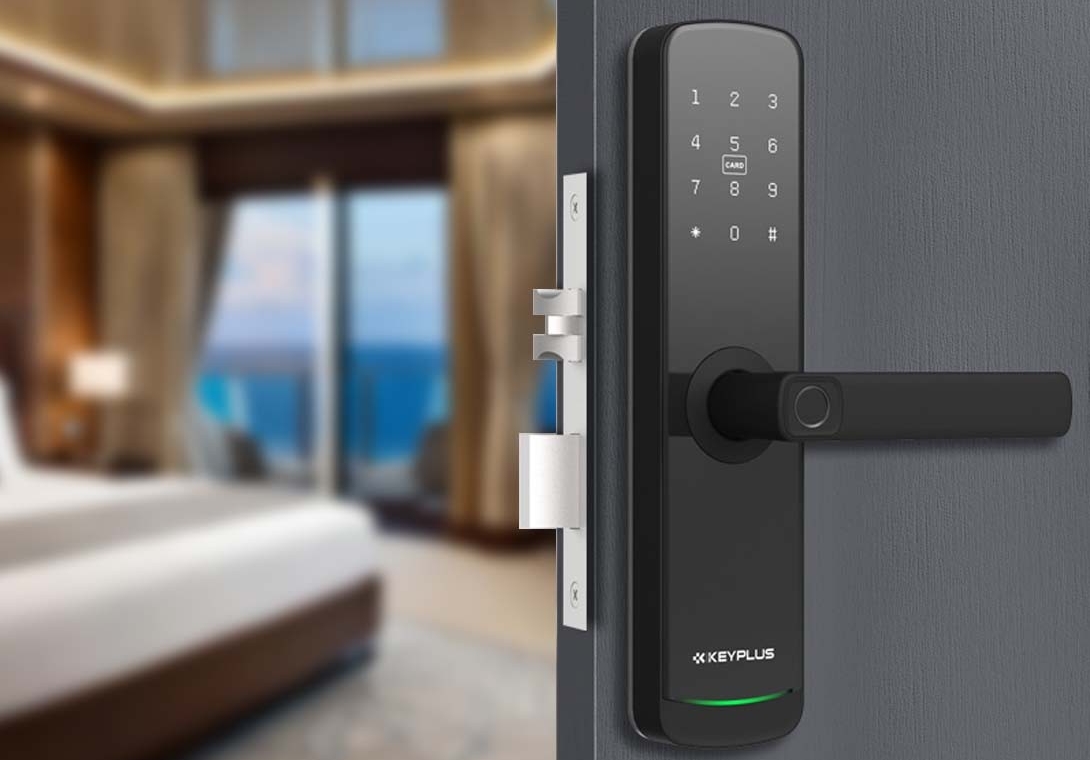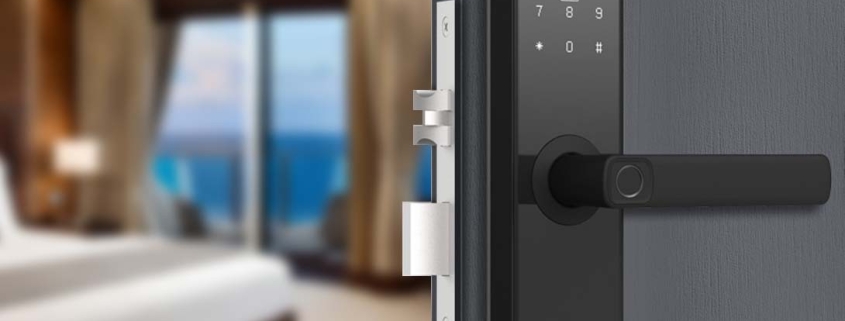Is a Smart Lock Worth Buying?
In today’s fast-paced, tech-driven world, convenience and security are top priorities for homeowners. One of the latest innovations in home automation is the smart lock, a device that promises to eliminate the need for traditional keys while enhancing security. But is a smart lock really worth buying?
This guide will explore the benefits, drawbacks, types of smart locks, security concerns, and key factors to consider before making a purchase. By the end, you’ll have a clear understanding of whether a smart lock is the right choice for your home.
What Is a Smart Lock?
A smart lock is an electronic locking device that allows you to control access to your home using:
-
Smartphone apps (via Bluetooth, Wi-Fi, or Zigbee)
-
Keypads (PIN codes)
-
Fingerprint recognition (biometric entry)
-
Voice commands (via Alexa, Google Assistant, or Siri)
-
Traditional keys (as a backup)
Unlike traditional locks, smart locks can be remotely controlled, provide access logs, and integrate with other smart home devices like security cameras and doorbells.
Benefits of Smart Locks
1. Keyless Convenience
-
No more fumbling for keys when your hands are full.
-
Grant temporary access to guests, cleaners, or delivery personnel.
-
Auto-lock/unlock features when you arrive or leave.
2. Enhanced Security Features
-
Real-time alerts when someone enters your home.
-
Activity logs showing who unlocked the door and when.
-
Tamper alarms if someone tries to force entry.
3. Remote Access & Control
-
Lock or unlock your door from anywhere via an app.
-
Useful for letting in family or service providers when you’re not home.
4. Integration with Smart Home Systems
-
Works with Amazon Alexa, Google Home, Apple HomeKit, and Samsung SmartThings.
-
Can trigger other smart devices (e.g., turning on lights when unlocked).
5. No More Lockouts
-
If you forget your keys, you can still enter using a PIN code or smartphone.
Potential Drawbacks of Smart Locks
While smart locks offer many advantages, they also have some limitations and risks:
1. Hacking & Cybersecurity Risks
-
Some cheaper models may be vulnerable to Bluetooth hacking or Wi-Fi breaches.
-
Always choose reputable brands with strong encryption.
2. Power Dependency
-
Most smart locks run on batteries, which need replacement every 6-12 months.
-
Some models have backup keys in case of battery failure.
3. Higher Cost Than Traditional Locks
-
Prices range from $100 to $400, compared to $20–$100 for standard locks.
-
Installation may require professional help (additional cost).
4. Compatibility Issues
-
Not all smart locks fit every door type.
-
Some require a smart hub (like Zigbee or Z-Wave) for full functionality.

Types of Smart Locks
| Type | How It Works | Pros | Cons |
|---|---|---|---|
| Keypad Smart Locks | Unlock with a PIN code | No phone needed; easy for guests | Codes can be guessed if too simple |
| Bluetooth Smart Locks | Unlock via smartphone (short range) | No Wi-Fi needed; good for privacy | Must be near the door to unlock |
| Wi-Fi/Remote Smart Locks | Control from anywhere via the internet | Full remote access | Requires strong Wi-Fi; hacking risk |
| Fingerprint Smart Locks | Biometric entry (like smartphones) | Highly secure; no keys or codes | Expensive; may fail with wet fingers |
| Hybrid Smart Locks | Multiple methods (key + app + PIN) | Flexible; backup options | More expensive |
Are Smart Locks Secure?
Many people worry that smart locks are less secure than traditional locks. However, high-quality smart locks offer strong encryption and tamper-proof designs. Here’s how they compare:
Smart Lock Security Features:
AES 128/256-bit encryption (same as banks use)
Auto-lock to prevent forgotten unlocked doors
Two-factor authentication (2FA) for app access
Brute-force protection against code guessing
Potential Weaknesses:
Weak passwords/PINs can be hacked
Cheap brands may lack proper encryption
Wi-Fi vulnerabilities if not properly secured
Who Should Buy a Smart Lock?
Smart locks are ideal for:
Tech-savvy homeowners who love smart home gadgets.
Families who need to grant temporary access to babysitters or cleaners.
Rental hosts (Airbnb) who want keyless check-in.
People who frequently lose keys or get locked out.
Not recommended for:
Those who prefer low-tech, simple solutions.
People with weak Wi-Fi or no smartphone.
Those on a tight budget (unless security is a priority).
Final Verdict: Is a Smart Lock Worth It?
Yes, if you value:
Convenience (keyless entry, remote access)
Smart home integration (voice control, automation)
Enhanced security (real-time alerts, access logs)
No, if you:
Prefer traditional, low-maintenance locks
Have budget constraints
Are concerned about tech failures or hacking risks
Conclusion
Smart locks are a great investment for modern homeowners who want keyless convenience and extra security. However, they’re not essential for everyone. Choose a reputable brand, ensure strong cybersecurity, and consider your needs before buying.
Would you switch to a smart lock? Share your thoughts in the comments!









